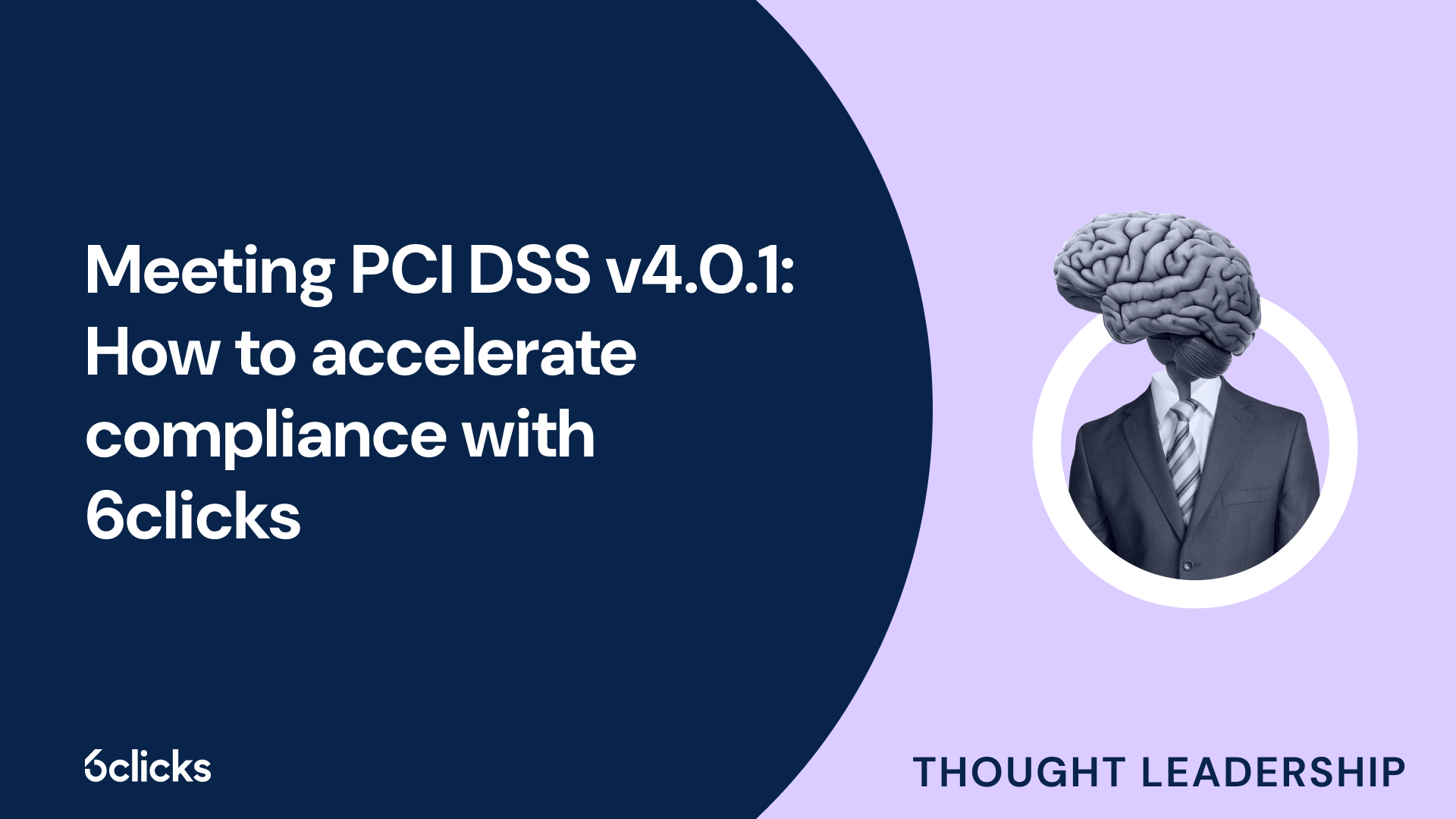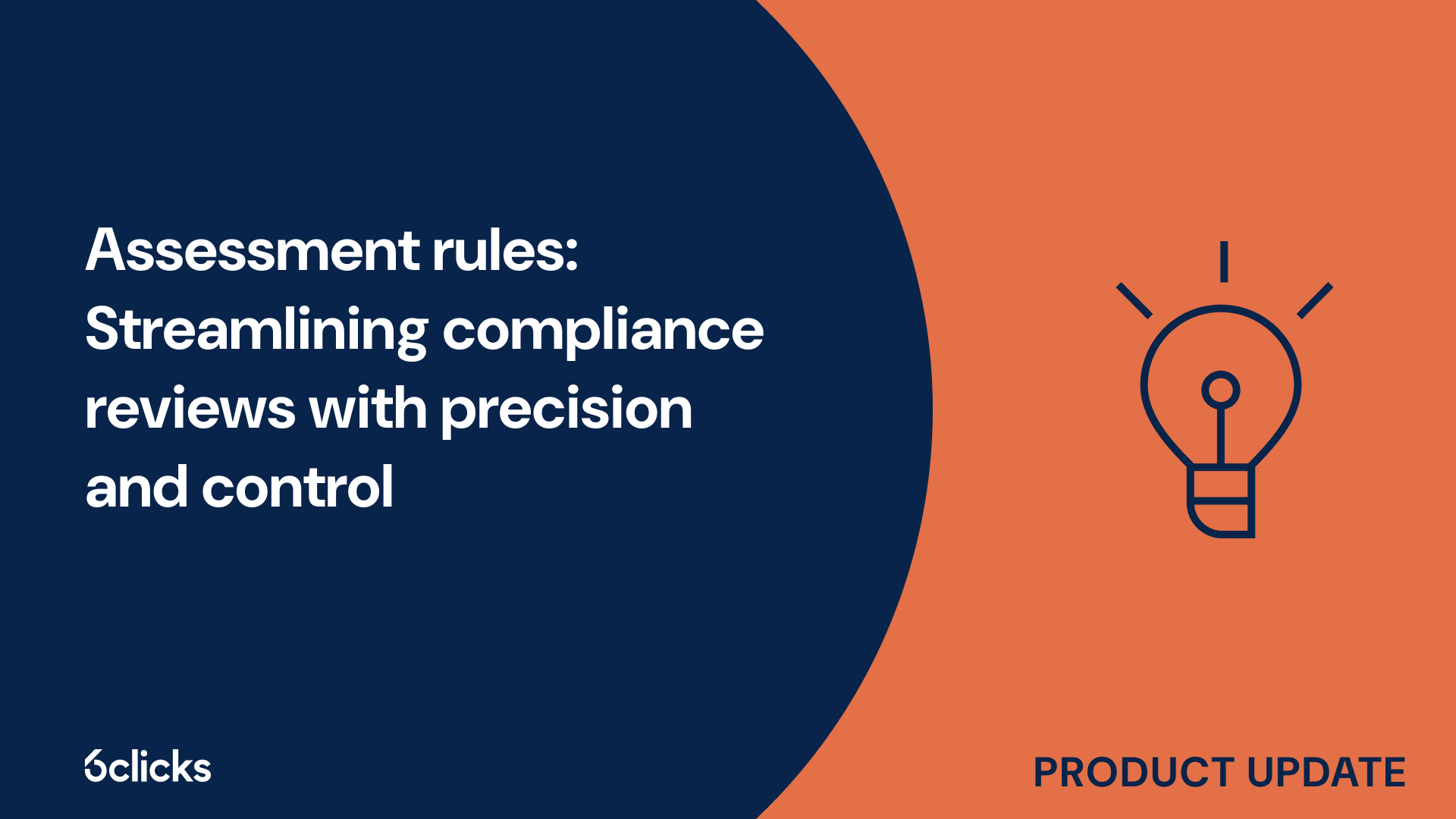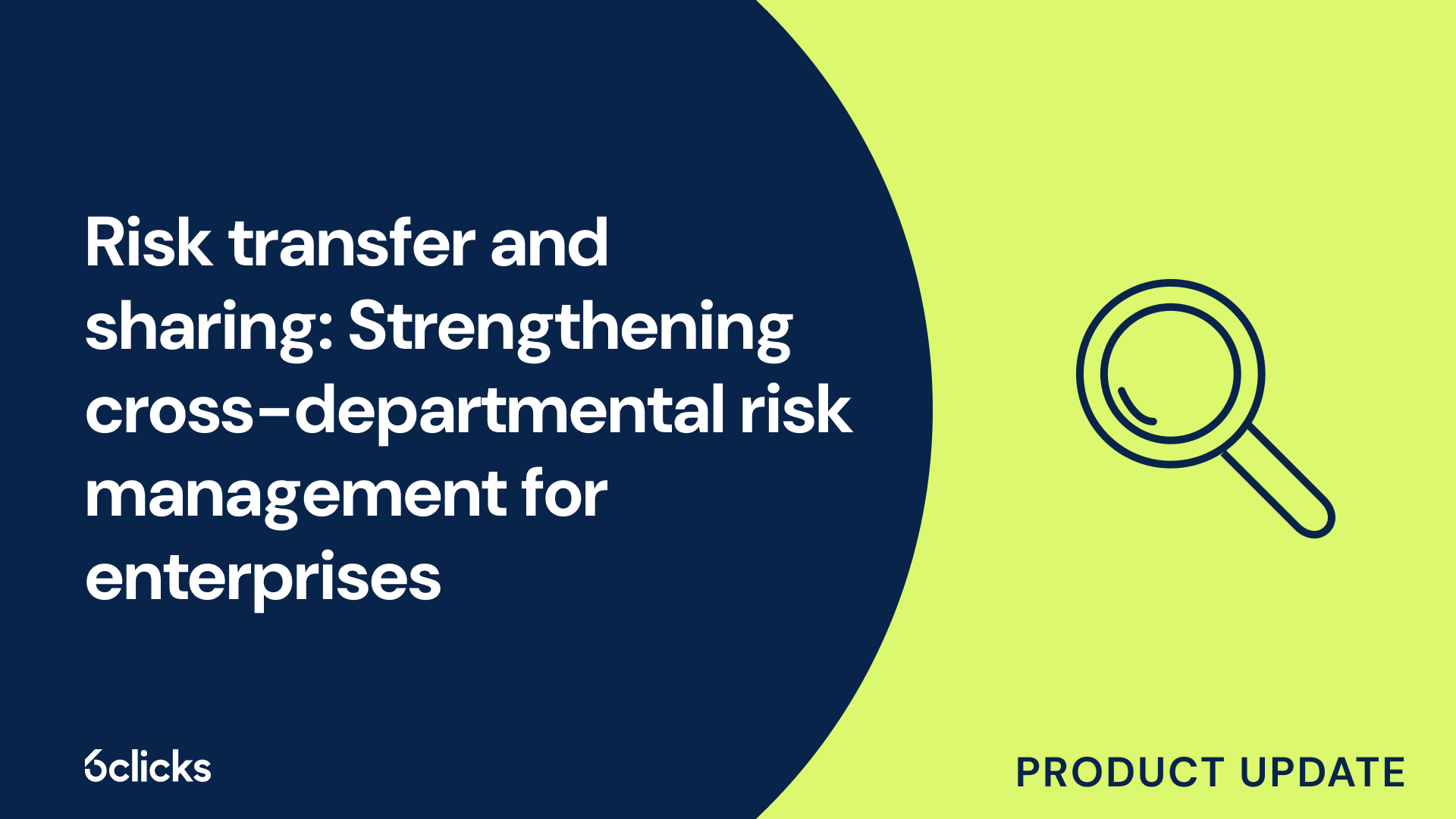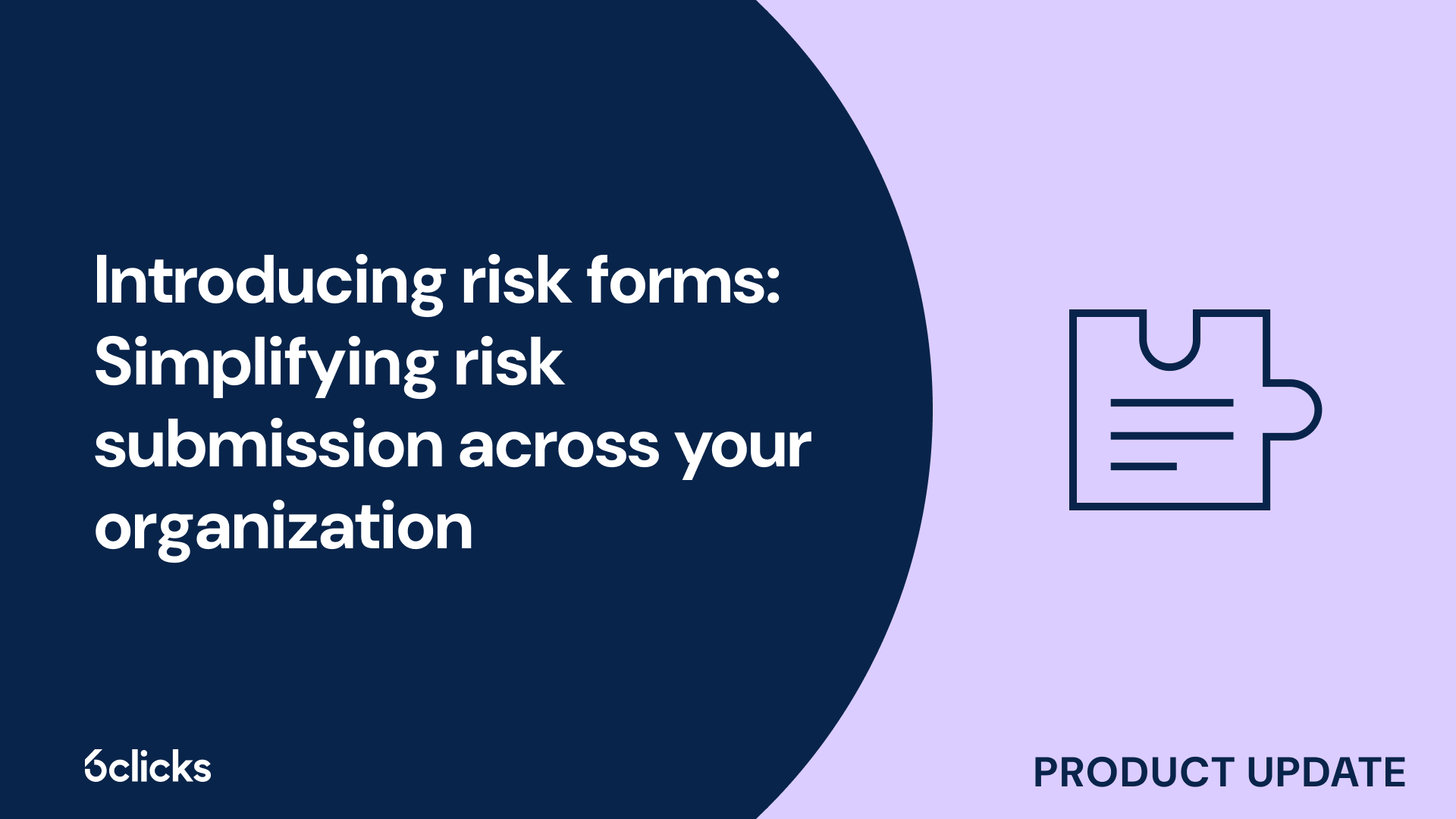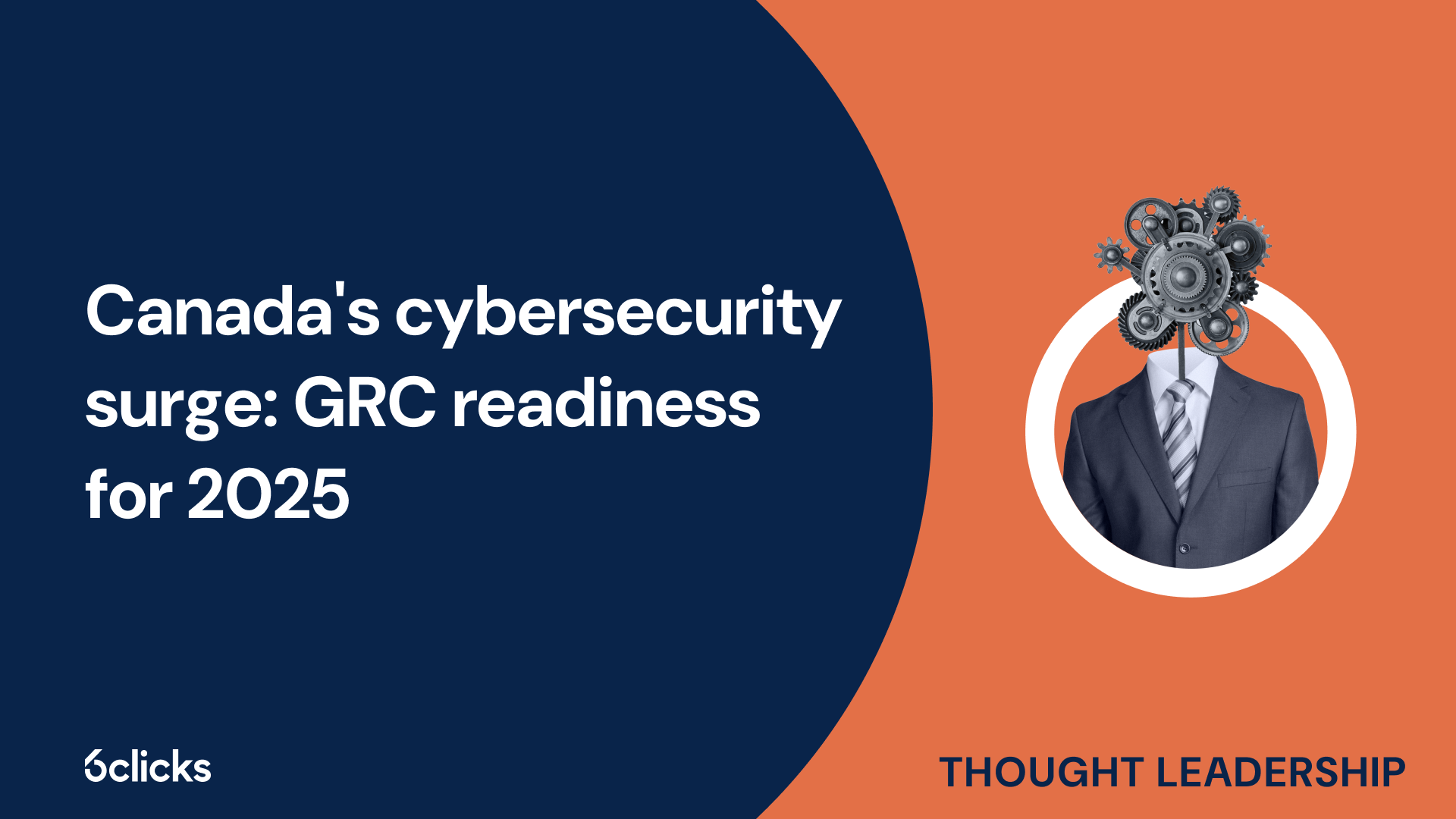UK Cyber Essentials Expert Guide
Get the UK Cyber Essentials Expert Guide ebook for insights on cybersecurity compliance, protecting your business, and achieving certification success. Download now!
-1.png?width=200&height=249&name=Group%20193%20(1)-1.png)
UK Cyber Essentials Expert Guide
What is the UK cyber essentials?
The UK Cyber Essentials is a certification scheme that aims to help organizations protect themselves against common cyber threats and demonstrate their commitment to cybersecurity. It sets out a baseline of technical controls and security measures that organizations can implement to mitigate the risk of cyber attacks. The certification process involves a self-assessment questionnaire and, for higher levels of certification, a vulnerability scan. The scheme is internationally recognized and is often a requirement for organizations bidding for government contracts, especially those involving sensitive information. By becoming Cyber Essentials certified, organizations can enhance their security posture, protect themselves from potential cyber threats, and gain the trust and confidence of their customers and clients.
What is its purpose?
The UK Cyber Essentials certification is an internationally recognized scheme that helps organizations demonstrate their commitment to cyber security. Its purpose is to provide a set of technical controls and measures that organizations can implement to protect their systems against common cyber threats and attacks.
By obtaining the Cyber Essentials certification, organizations can instill confidence in their suppliers, partners, and clients, as it shows that they have taken the necessary steps to safeguard their information and systems. This certification is especially important when engaging with government contracts, as it is a mandatory requirement for bidding on certain central government contracts.
The certification process involves a self-assessment questionnaire that organizations must complete, demonstrating their adherence to the essential security controls. For more advanced security measures, organizations can opt for the Cyber Essentials Plus certification, which includes an external vulnerability scan and an assessment of their security update management.
Obtaining the Cyber Essentials certification brings several benefits to organizations. It enhances their security measures, helping to protect against common cyber threats and ensuring the safety of sensitive information. It also increases trust in the organization among clients and partners, as they can be assured that their data will be handled securely. Additionally, the certification is cost-effective, providing a clear framework and guidance for implementing strong cyber security practices.
Is it internationally recognised?
Yes, the UK Cyber Essentials certification is internationally recognized. While it is a UK government-backed standard, organizations outside of the UK can also obtain this certification. This international recognition is beneficial for businesses worldwide, as it allows them to demonstrate their commitment to robust cyber security measures and gain a competitive advantage in the global market.
One of the key advantages of the international recognition of the UK Cyber Essentials certification is that it enables businesses outside of the UK to also get certified. This means that organizations across the globe can implement the necessary technical controls and practices to protect against cyber threats and demonstrate their commitment to the highest security standards.
Moreover, the Cyber Essentials database holds a record of compliant companies that have obtained the certification. This serves as a valuable resource for businesses looking to collaborate or engage in partnerships with accredited organizations. By easily identifying and aligning with Cyber Essentials certified companies, organizations can ensure that they are working with trusted and secure partners.
The benefits of UK cyber essentials certification
The benefits of UK Cyber Essentials certification are numerous. Firstly, it provides organizations with a clear framework and set of technical controls to protect against cyber threats. By following the certification process and implementing these measures, businesses can significantly reduce their vulnerability to common cyber attacks and ensure the security of their networks and data.
Secondly, UK Cyber Essentials certification is internationally recognized, allowing organizations outside of the UK to also obtain the certification. This enables businesses worldwide to demonstrate their commitment to cyber security and adhere to the highest security standards.
Furthermore, the certification serves as a valuable tool for organizations seeking to collaborate or engage in partnerships with accredited companies. The Cyber Essentials database holds a record of compliant organizations, making it easy for businesses to identify and align with trusted and secure partners. This not only enhances their own security but also builds trust with potential customers and clients.
Improved security measures
Improved security measures offered by UK Cyber Essentials certification provide organizations with a robust defense against common cyber-attacks, enhancing privacy and overall security. This certification ensures that businesses have implemented essential technical controls to mitigate risks and safeguard sensitive data.
By adhering to the certification process, organizations can address mandatory requirements such as secure configuration, access controls, and patch management. These measures protect against common cyber threats, including malware and phishing attacks, which can compromise systems and steal valuable information.
Moreover, the certification promotes a risk-based approach, enabling organizations to identify vulnerabilities through internal vulnerability scans and vulnerability assessments. To further fortify security, UK Cyber Essentials certification includes advanced protection tools such as multi-factor authentication and security update management. These features bolster access controls and help prevent unauthorized access to systems.
By implementing these improved security measures, organizations can establish a strong defense against cyber-attacks, ensuring the privacy and security of their data. This certification helps businesses build trust with potential customers and clients, demonstrating their commitment to protecting sensitive information and adhering to international security standards.
Increased confidence and trust in organisations
UK Cyber Essentials certification increases confidence and trust in organizations by providing a tangible demonstration of their commitment to robust cyber security measures. By achieving certification, organizations show that they have implemented essential technical controls and practices to protect their systems and data from cyber threats.
The certification process helps organizations improve their understanding of cyber security by guiding them through a comprehensive assessment of their systems and providing clear guidelines on how to mitigate risks. It ensures that organizations have formal response plans in place, enabling them to effectively respond and recover from cyber attacks. This not only enhances their overall security posture but also increases confidence in their ability to handle potential breaches.
It is important to promote the core cyber security benefits of Cyber Essentials certification. While it is a requirement for government contracts, the certification goes beyond that by providing organizations with essential cyber security measures that are applicable to all sectors. Emphasizing this broader value helps combat the perception that certification is only for government contracts and increases confidence among potential customers and partners.
Cost-effectiveness
Obtaining UK Cyber Essentials certification is a cost-effective way for organizations to enhance their cyber security posture. The certification offers different pricing options, allowing organizations to choose the package that best suits their needs and budget.
The basic Cyber Essentials certification package provides organizations with a comprehensive assessment of their systems, guidance on mitigating risks, and formal response plans for cyber attacks. This package is affordable and ideal for smaller organizations or those just starting their cyber security journey.
For organizations requiring more advanced protection, the Cyber Essentials Plus package offers additional benefits. This package includes internal vulnerability scans, assurance from a certification body, and a vulnerability scan of externally facing internet gateways, providing organizations with a higher level of security assurance.
By obtaining UK Cyber Essentials certification, organizations can enjoy various benefits. Firstly, they gain a competitive advantage by demonstrating their commitment to robust cyber security practices. This not only enhances their reputation but also increases customer and partner confidence.
Additionally, certification opens doors to potential government contracts, as it is a mandatory requirement for central government contracts involving the handling of sensitive data. This expands business opportunities and increases the chances of securing government contracts.
Compliance with government contracts
Compliance with government contracts is of utmost importance for organizations that handle sensitive information or provide certain technical products and services. In order to meet these requirements, obtaining UK Cyber Essentials certification is necessary.
UK Cyber Essentials is a government-backed cyber security certification scheme that helps organizations protect themselves against a wide range of common cyber attacks. It provides a set of technical security controls that organizations must have in place to demonstrate their commitment to cyber security.
For organizations seeking government contracts involving the handling of sensitive and personal information, Cyber Essentials certification is mandatory. This certification ensures that organizations have implemented the necessary measures to safeguard sensitive data and protect against cyber threats.
The certification process involves signing a declaration stating that the organization has met the required technical requirements. Subsequently, an evaluation by a qualified assessor takes place to assess the organization's compliance with the Cyber Essentials controls. Upon passing the assessment, the organization receives a certificate, which demonstrates their commitment to cyber security and compliance with government requirements.
By obtaining UK Cyber Essentials certification, organizations not only meet compliance requirements for government contracts but also enhance their reputation and increase confidence among potential customers. It is a vital step towards ensuring the security of sensitive information and providing assurance that necessary technical measures are in place.
Higher levels of certification available
In addition to the basic certification, Cyber Essentials offers higher levels of certification known as Cyber Essentials Plus. This level of certification provides organizations with maximum assurance when it comes to cyber security.
One of the key features of Cyber Essentials Plus is the internal vulnerability scan. This involves conducting an in-depth assessment of an organization's systems and infrastructure to identify any potential vulnerabilities or weaknesses that could be exploited by cyber criminals. By performing this scan, organizations can proactively address any issues and ensure that they have robust security measures in place.
There are several reasons why organizations choose to pursue the higher level of certification. Firstly, it allows businesses to maximize their cyber security and resilience. By implementing the additional controls required for Cyber Essentials Plus, organizations can enhance their security posture and protect themselves against more complex and sophisticated cyber threats.
Furthermore, Cyber Essentials Plus is often a requirement for organizations seeking public sector contracts. Many government contracts, particularly those involving the handling of sensitive information, stipulate that suppliers must hold Cyber Essentials Plus certification. Therefore, by obtaining this level of certification, organizations can increase their eligibility for lucrative government contracts.
Finally, Cyber Essentials Plus can be a differentiating factor for organizations. By achieving this higher level of certification, businesses can demonstrate to potential customers that they have gone above and beyond in terms of cyber security. This can be especially attractive to clients who prioritize the protection of their data and are looking for suppliers who have taken proactive measures to safeguard their information.
The certification process for UK cyber essentials
The certification process for UK Cyber Essentials involves several steps that organizations must follow to achieve the desired level of cyber security certification. The process begins with organizations conducting a self-assessment questionnaire, which assesses their compliance with basic cyber security measures. Once this step is completed, organizations can proceed to the next level, Cyber Essentials Plus, which includes a more rigorous assessment of technical controls. This involves an internal vulnerability scan and an external vulnerability scan, both of which identify potential weaknesses in an organization's systems and infrastructure. The results are then reviewed by a certification body, which determines whether the organization meets the necessary security standards to be certified. Overall, the certification process for UK Cyber Essentials provides organizations with a structured framework to improve their cyber security practices and protect against cyber threats.
Self-assessment questionnaire (SAQ)
As part of the UK Cyber Essentials certification process, companies are required to complete a self-assessment questionnaire (SAQ). The SAQ is a key component in assessing an organization's cyber security measures and ensuring they meet the necessary technical controls.
The purpose of the SAQ is to evaluate the company's cyber security practices and identify any potential vulnerabilities or weaknesses. It covers a wide range of topics, including access controls, security update management, and protection against malware and common cyber threats. By completing the SAQ, organizations can demonstrate their commitment to cyber security and their ability to protect sensitive information.
Before submission, the SAQ is typically reviewed by an internal team or a designated cyber security expert within the organization. This review ensures that all the required technical requirements and mandatory controls are properly addressed and implemented. It also helps identify any areas where improvements may be needed.
To complete the SAQ and obtain the Cyber Essentials certificate, organizations need to follow a few simple steps. First, they must download the SAQ from the official Cyber Essentials website. Then, they should carefully read through the questions and provide accurate and honest answers. Once the SAQ is completed, it should be submitted to a certification body for review and assessment. If the organization meets the necessary security standards and requirements, they will be awarded the Cyber Essentials certificate.
Technical controls assessment (TCA)
The Technical Controls Assessment (TCA) is a crucial component of the UK Cyber Essentials certification process. It involves evaluating and assessing the implementation of technical security controls within an organization's IT infrastructure. These controls play a vital role in protecting against cyber threats and ensuring the overall security of an organization's systems and data.
Large organizations often face unique challenges when it comes to meeting the technical control requirements. These organizations typically have complex and diverse IT infrastructures spread across multiple locations. Implementing and monitoring technical controls across such a vast and interconnected network can be a daunting task. Additionally, allocating resources and budgets to address vulnerabilities and implement security measures can be challenging due to the scale and complexity of their operations.
On the other hand, small organizations often struggle with limited resources and expertise. Meeting the technical control requirements may be more challenging for these organizations, as they may not have dedicated IT or cybersecurity teams. They may lack the necessary expertise to implement and maintain technical controls effectively. Limited budgets may also pose challenges in acquiring and implementing the necessary tools and technologies to meet the requirements.
Security update management is a critical aspect of technical controls. It involves keeping software and systems up to date with the latest security patches and updates. Large organizations may face difficulties in managing updates across their extensive infrastructure, including a wide variety of software and hardware components. Failure to keep systems updated can leave organizations vulnerable to cyber attacks and exploits.
Micro-organizations often perceive security update management as costly and challenging due to limited resources and expertise. They may lack the technical knowledge to identify and apply the necessary updates, or they may not have the budget to invest in automated patch management solutions.
Vulnerability scanning
Vulnerability scanning is an essential component of the UK Cyber Essentials certification process. It plays a crucial role in identifying potential weaknesses in a computer system or network.
As part of the certification process, organizations are required to undergo a vulnerability scan to assess and identify any vulnerabilities or weaknesses in their systems. This scan is conducted by an accredited certification body, ensuring that it meets the technical requirements of the UK Cyber Essentials scheme.
The importance of vulnerability scanning lies in its ability to pinpoint potential weaknesses that could be exploited by cyber attackers. By scanning systems and networks, organizations can proactively identify vulnerabilities, such as outdated software, misconfigurations, or insecure network protocols. This enables them to address these issues promptly and implement the necessary security measures to mitigate any potential risks.
Vulnerability scanning helps organizations strengthen their overall cybersecurity posture. It provides valuable insights into the potential entry points for cyber threats and helps prioritize the implementation of security controls. By regularly conducting vulnerability scans, organizations can stay one step ahead of cyber attackers, ensuring the ongoing protection of their computer systems and networks.
Risk-based approach & access controls
A risk-based approach and effective access controls play a crucial role in achieving UK Cyber Essentials certification. Organizations must assess and manage risks while implementing access controls to protect their systems and data.
To begin with, a risk-based approach involves identifying and analyzing potential cybersecurity risks. Organizations need to assess the likelihood and impact of these risks to prioritize and allocate resources effectively. This includes evaluating the potential threats and vulnerabilities they face, such as malware attacks or unauthorized access.
Once risks are identified, organizations must manage them by implementing appropriate controls. Access controls are vital in this process, ensuring that only authorized individuals can access sensitive information. This involves authentication mechanisms such as passwords, biometrics, or multi-factor authentication. Additionally, organizations must consider implementing strict user access policies and regularly review and update access privileges as necessary.
Key steps for adopting a risk-based approach and implementing effective access controls include:
- Conducting a thorough risk assessment to identify and prioritize potential threats.
- Establishing clear security policies and procedures aligned with the identified risks.
- Implementing access controls that limit user access based on roles and responsibilities.
- Regularly reviewing and updating access privileges to ensure only authorized individuals have appropriate access.
- Providing appropriate training and awareness programs to educate employees about the importance of access controls and cyber threat prevention.
By following these steps and adopting a risk-based approach with robust access controls, organizations can protect their systems and data, reducing the risk of cyber threats and increasing their chances of achieving UK Cyber Essentials certification.
Cyber threats and protection against them
Cyber threats pose a significant risk to organizations of all sizes and sectors. These threats include various malicious activities such as cyber attacks, data breaches, and malware infections. To protect against these threats, organizations must implement strong privacy and security controls.
One effective way to ensure robust cybersecurity measures is by obtaining Cyber Essentials certification. This internationally recognized certification provides assurance that an organization has implemented essential technical controls to protect against common cyber threats. The certification is based on five key pillars: firewall configuration, secure configuration, user access control, patch management, and malware protection.
Firewall configuration ensures that organizations have properly configured firewalls to monitor and control incoming and outgoing network traffic. Secure configuration involves implementing secure settings for devices and software to reduce vulnerabilities. User access control enables organizations to control and restrict access to sensitive information based on roles and responsibilities. Patch management focuses on regularly updating and applying security patches to protect against known vulnerabilities. Lastly, malware protection involves having effective measures in place to detect and prevent malware infections.
By adhering to the five key pillars of Cyber Essentials certification and implementing strong privacy and security controls, organizations can mitigate cyber threats and safeguard their valuable information.


